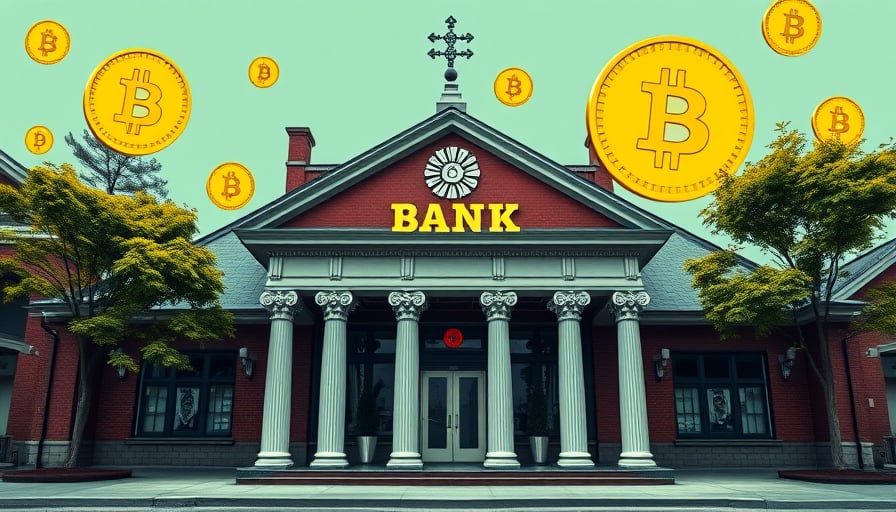JPMorgan Chase’s Tokenized Stock (Ondo): A Strategic Play in a Volatile Landscape
The recent announcement that JPMorgan Chase will allow institutional clients to borrow against Bitcoin and Ethereum holdings is a watershed moment for traditional finance. Yet the move is not merely a novel product launch; it is a deliberate signal that the bank is positioning itself at the nexus of digital asset innovation and legacy banking services. The JPMorgan Chase Tokenized Stock (Ondo) reflects this ambition, yet its market performance suggests that investors remain skeptical.
Market Snapshot
- Close Price (23 Oct 2025): $301.34
- 52‑Week High: $317.70 (28 Sep 2025)
- 52‑Week Low: $291.55 (7 Sep 2025)
- Market Capitalization: $2.35 million
These figures reveal a token that has fluctuated within a modest band over the past year, yet its valuation remains far below the bank’s traditional equity value. The volatility of the underlying digital collateral (Bitcoin and Ethereum) and the nascent regulatory environment are likely driving this restrained performance.
Strategic Context
JPMorgan’s decision to let clients pledge BTC and ETH as collateral is part of a broader strategy to embed crypto into mainstream banking. This comes on the heels of:
- Coinbase’s Surge: CoinBase shares rallied after JPMorgan upgraded its stance on the Base network, underscoring the bank’s appetite for new monetization opportunities tied to stablecoins and layer‑2 solutions.
- Zelle’s Stablecoin Initiative: Zelle’s exploration of stablecoins for cross‑border transfers signals a broader industry trend toward crypto‑enabled payments.
- Industry Accusations of Price‑Fixing: A federal lawsuit alleges that major U.S. banks, including JPMorgan, conspired to inflate lending rates. This controversy could undermine trust in the institution’s integrity, casting a shadow over its crypto initiatives.
The tokenized stock’s underlying value is directly linked to JPMorgan’s ability to maintain its reputation while navigating these regulatory and reputational challenges.
The Token’s Value Proposition
Ondo’s tokenized stock offers investors a fractional exposure to JPMorgan’s digital‑asset strategy without the complexities of owning the bank’s traditional equity. It provides:
- Liquidity: Traded on crypto exchanges, the token offers 24/7 liquidity, appealing to traders who demand continuous market access.
- Transparency: Blockchain‑based settlement ensures that the token’s ownership and dividends are immutable, a stark contrast to conventional equity reporting.
- Correlation with Crypto Collateral: As JPMorgan’s loan portfolio grows, the token’s intrinsic value is expected to align more closely with the performance of BTC and ETH holdings.
However, the token’s price has not yet reflected the upside potential of this strategy, remaining within a narrow range despite significant market developments.
Investor Sentiment and Risks
Investor sentiment remains mixed. On one hand, the announcement of loan collateralization using BTC and ETH has spurred optimism, evidenced by a sharp rally in related crypto exchanges. On the other hand, the ongoing lawsuit alleging price‑fixing undermines confidence in JPMorgan’s governance. Additionally, regulatory uncertainty around tokenized securities and the potential volatility of underlying crypto assets could erode long‑term value.
Conclusion
JPMorgan Chase’s tokenized stock (Ondo) is a bold experiment that merges institutional banking with the fast‑evolving crypto ecosystem. While the bank’s strategy signals a commitment to integrating digital assets into core financial services, the token’s modest market performance indicates that investors are still weighing the risks of regulatory scrutiny, reputational damage, and crypto volatility. Only time will tell whether Ondo can translate JPMorgan’s strategic ambitions into sustainable investor value.
